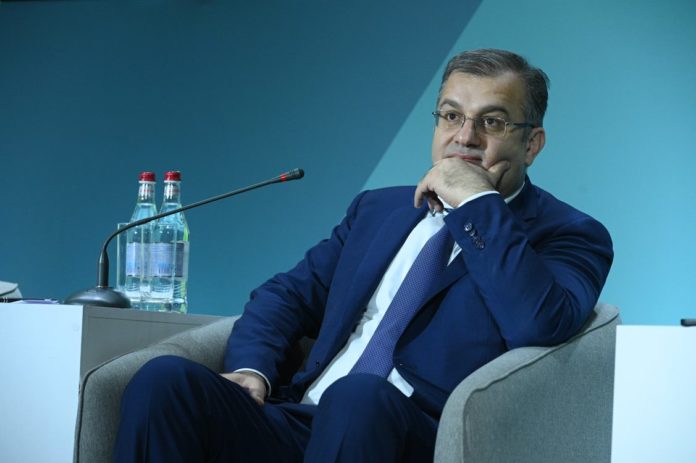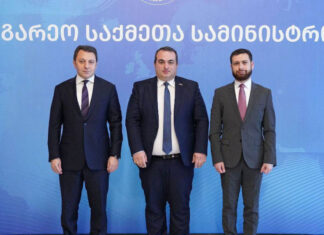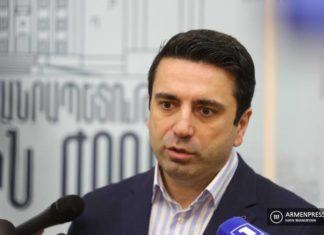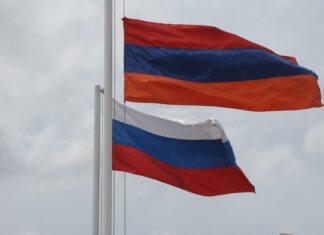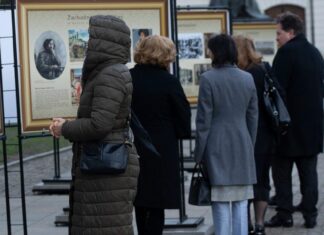By Tigran Yegavian
Special to the Mirror-Spectator
YEREVAN — Artak Apitonian is a former diplomat who heads the Future Armenian Development Foundation, created by Ruben Vardanyan and Nubar Afeyan as well as other personalities from the diaspora. In this interview he analyzes current events and shares his historical knowledge to better understand political and diplomatic choices.
Apitonian, born 1971 in the village of Alashkert (province of Armavir), is a former career Armenian diplomat. He served as Deputy Minister of Affairs Foreign Affairs of Armenia in 2018-2021, and Ambassador of Armenia in Sweden and Finland in 2013-2018. He has been executive director of the Future Armenian Development Foundation since February 2022.
“The first time history repeats itself as tragedy, the second time as farce,” said Marx. In the Armenian case, we are surprised by the troubling resemblance between the scenario of the war of autumn 2020 and that of autumn 1920, when Armenia lost its independence after Kemalist Turkey and Bolshevik Russia seized their prey. How far does this comparison go?
I have used this quotation on several occasions to compare the developments of 1920-1921 and of our days, although I prefer Hegel’s original version to Marx’s anti-establishment interpretation. And indeed, it might have been farcical, if it was not so tragic. For the last century and a half our homeland, our Armenian habitat, has continually shrunk. The developments of the previous three decades were reassuring us that we might have managed to stop or reverse this process, but alas! And you know what is the most tragic? During the twentieth century we managed to re-establish our independence twice, but we have never succeeded in resettling previously inhabited Armenian towns and villages once they were cleansed of their Armenian population.



